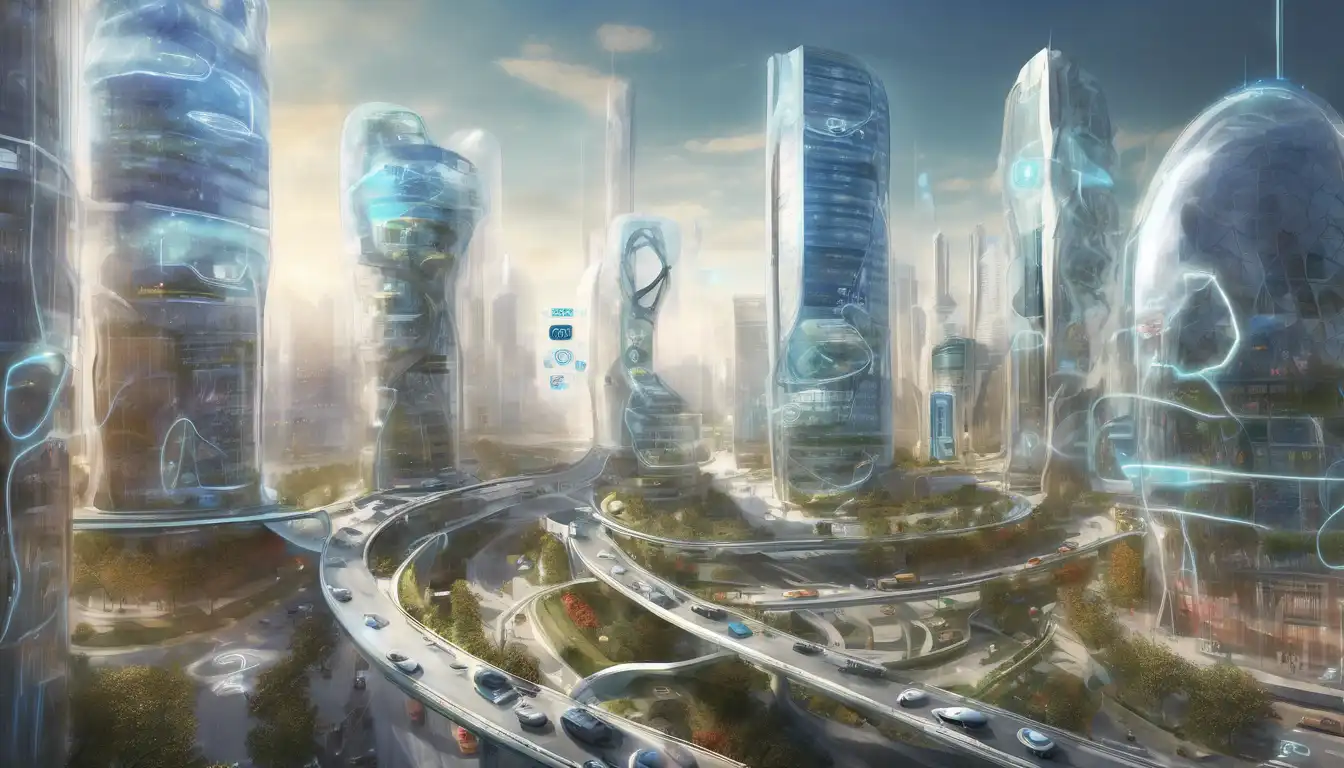The Role of IoT in Shaping Smart Cities
The Internet of Things (IoT) is revolutionizing the way cities operate, making them smarter, more efficient, and more sustainable. By connecting devices and systems across urban environments, IoT technologies are enabling cities to collect and analyze data like never before. This data-driven approach is transforming urban living, from traffic management to energy use, and beyond.
Key Benefits of IoT in Smart Cities
IoT offers numerous advantages for smart cities, including:
- Improved traffic flow and reduced congestion through real-time monitoring and adaptive signal control.
- Enhanced public safety with smart surveillance and emergency response systems.
- Greater energy efficiency via smart grids and connected street lighting.
- Better waste management through sensor-equipped bins and optimized collection routes.
Challenges and Considerations
Despite its potential, the integration of IoT into smart cities is not without challenges. Issues such as data privacy, security vulnerabilities, and the digital divide must be addressed to ensure equitable and secure urban development. Moreover, the high cost of IoT infrastructure and the need for interoperability among devices pose significant hurdles.
Future Prospects
Looking ahead, the future of IoT in smart cities is bright. Advances in AI and machine learning are expected to further enhance the capabilities of IoT systems, enabling more predictive and responsive urban environments. Additionally, the rollout of 5G networks will provide the high-speed connectivity needed to support the vast number of IoT devices in smart cities.
For more insights into how technology is transforming urban spaces, explore our technology section.
Conclusion
The integration of IoT into smart cities represents a pivotal shift in urban development. By harnessing the power of connected devices, cities can become more livable, sustainable, and efficient. However, realizing this vision requires careful planning, investment, and collaboration among stakeholders. The future of IoT in smart cities is not just about technology; it's about creating better places for people to live, work, and thrive.
